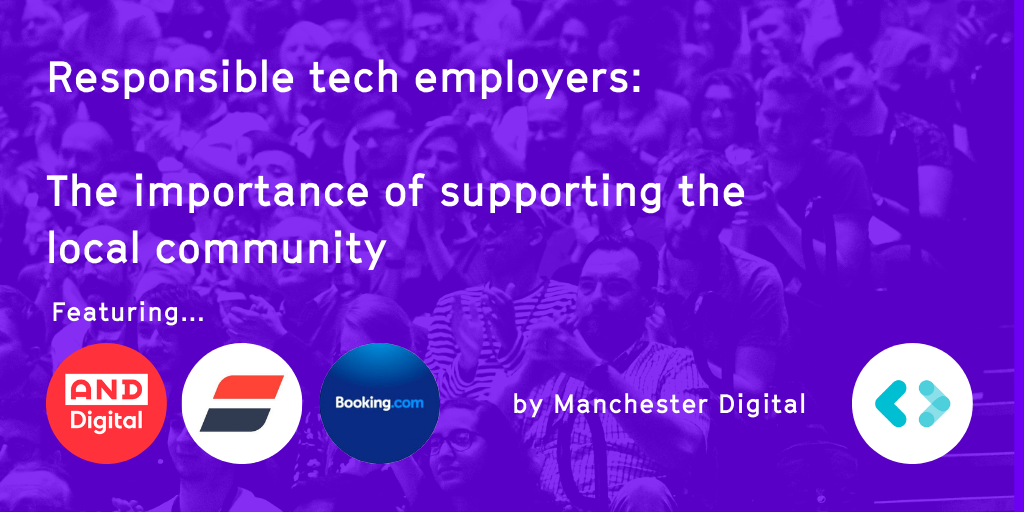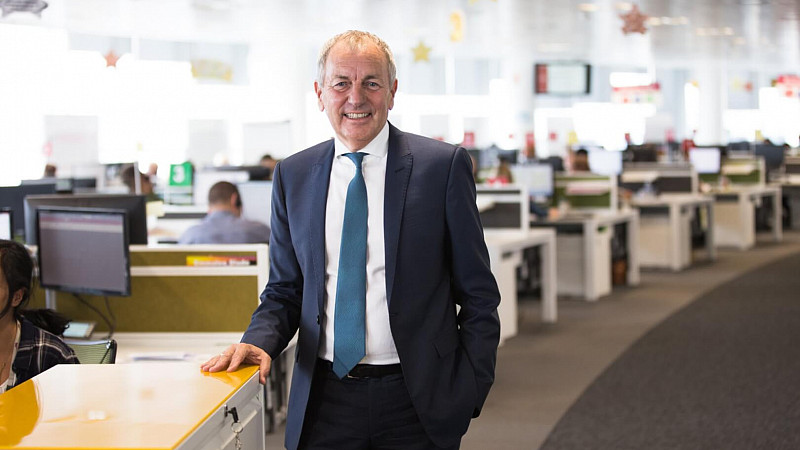Digital teams live and breathe delivery. They test, learn, adapt, and then repeat.
As part of a digital community, working across government, I think we can proudly say we’ve got pretty good at delivery. Of course it’s not perfect, there's still so much to do. But we’ve proven we can deliver, time and time again.
But delivery is only half the story.
I’ve noticed when we value delivery more than anything else, we create longer term problems that slow us down and in some cases can derail us altogether.
Typically I’m talking about burnt out people who've focused on delivery at the cost of their health, relationships and wellbeing. Or bullying behaviours justified as a price worth paying for delivery. Exclusive teams who too often are mostly white, male and middle class. And isolated teams who focus on their own delivery at the expense of helping and sharing with others.
Striking a healthy balance
At DfE Digital, we’re trying hard to strike a balance between delivery now, and delivery tomorrow.
We want to deliver quickly and prove we add value, but we want to do so in a way that's sustainable and inclusive.
If the unit of the delivery is the team, then supporting the team is paramount. We want to pay careful consideration to how we behave, and what we value, as well as what we deliver.
Making the time to invest in our culture
It's vital for all leaders to spend time on culture. Recently I noticed that despite our good intentions, any conversations within our leadership team kept getting back to the detail of what we were delivering.
So we decided to be more disciplined and mindful about the conversations we want to have, and when we have them. To help us do this, we came up with our 'team tempo’, a nimble little name inspired by the work of @NOBL.
The team tempo has given us focus. We've set a pace and sequence to our conversations. Delivery conversations still happen everywhere – that's the day job, after all – but they're balanced with a leadership focus on our culture. This includes our people, their development and our role in building an inclusive, diverse and sustainable workplace.
How does our team tempo work?
A leadership retro every 3 months
As a leadership team, we get together every 3 months to look at what’s gone well, what has not, and to plan ahead for the next 3 months. We call this a ‘retrospective' (or a ‘retro’).
For those of you who would like to read more about retros, Dharmesh Chauhan, one of our product managers, recommends this blog post from his time at the Department for Health and Social Care).
We focus on what we need to deliver but also how we’re going to deliver. And importantly, if we're modelling the behaviours we'd like others to follow.
As a team we're committed to working in the open, so everything discussed in the retro is published for our teams to read.
Each retro makes us stronger as a team. Our discussions are robust, honest and challenging. But they help us improve how we work and what we achieve collectively.
We review our roadmap monthly
Conversations about delivery happen all the time.
Formally, we get together as a leadership team once a month to check our roadmap and set our course.
If you don’t know what a roadmap is, I’d recommend you read Jamie Arnold’s blog posts. I repeatedly refer back to these to remind myself what good looks like.
We focus on culture every week
Each week we focus on one key aspect of our culture, which means we get across each topic once a month.
- How well are we supporting people to be their best? What more should we be doing?
- How well are we working together? How diverse and inclusive are we? How can we be better?
- How are we developing and growing our people and their skills? How can we better support our heads of profession?
- Finance. Money, cashflow, forecasts. The necessary stuff.
We start these meetings with 2 minutes silence because we often crash into this time together – either because we’re rushing from one meeting to the next, or because we’re coming from a ‘delivery – now, now, NOW’ mindset. Two minutes of quiet at the beginning helps us all take a breather and try to settle into a more reflective state of mind.
We're continually learning
Our team tempo isn’t perfect. We’re still noticing, sharing and practising how we can make it better. But it's helping us deliver more sustainably and to become better leaders of the teams who deliver, and who we're here to support.








